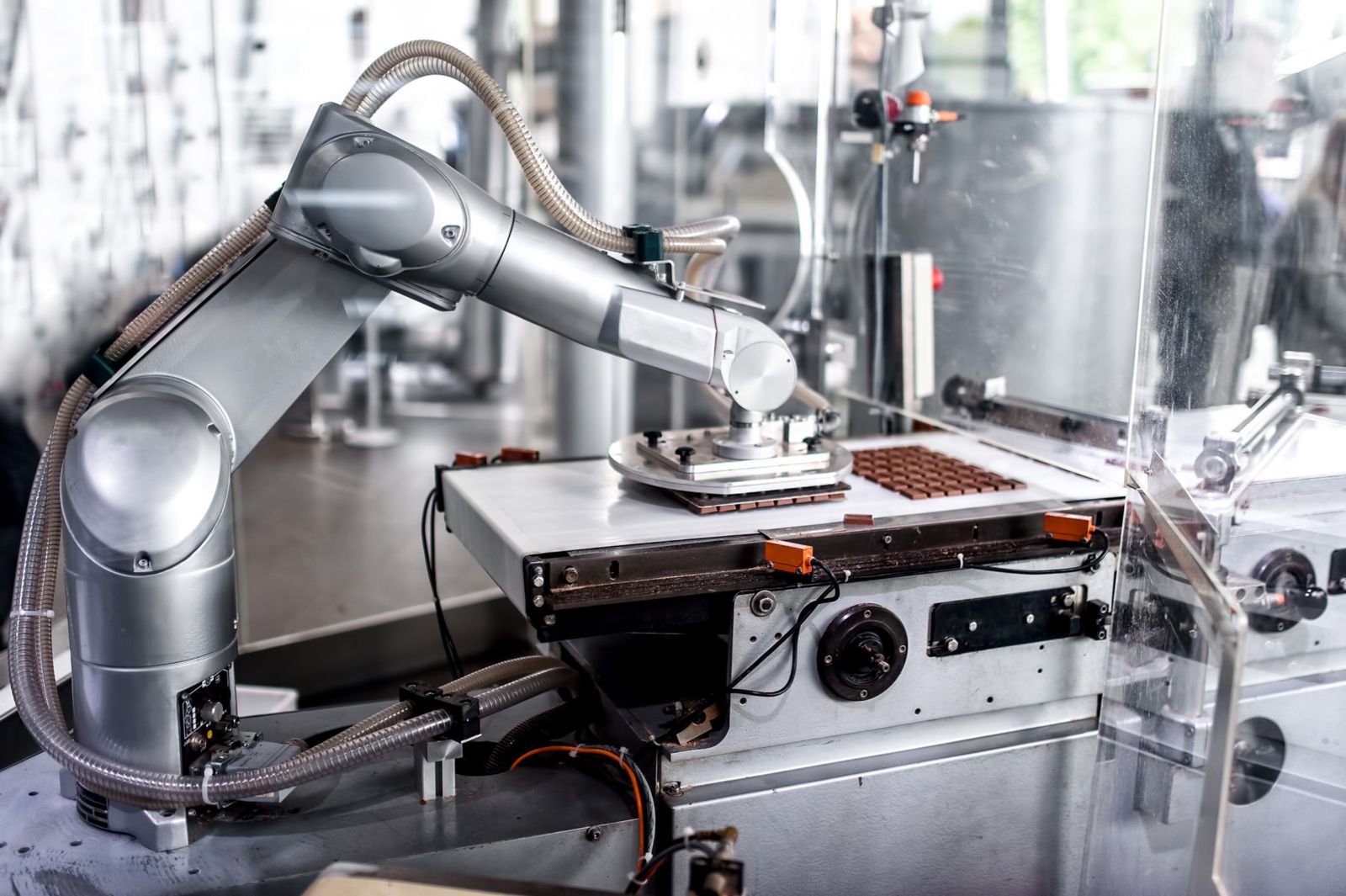Blog
Robotic Hubs Set to Transform Automation

You may think you know what a robot is, but discover what’s happening with the leading robotics hubs in the country and your thinking may change. The lines continue blurring between the industrial and consumer worlds. Use some creative thinking and you might be able to take a well-known product, modify it with automated applications, and reinvent an industry.
Automating What We Already Use
Robots moving autonomously through warehouses and to shipping docks and robotic arms tending machines are familiar sights in the world of industrial automation. But look around you. Technology is becoming more broadly based and impacting products that have been in use every day for many years.
Think a child’s car seat has to be placed and set only by hand? Consider this. Self-adjusting car seats for infants and toddlers made by Pittsburgh-based 4moms are leveled and secured using sensors and small motors. The company makes high-tech baby and child products and discovered that nearly 70% of car seats are installed incorrectly. Their automated solution could reduce that number and make traveling safer for children.
It takes creative entrepreneurs to study needs in the markets and come up with solutions. But they don’t exist in a vacuum. Creativity can be fed and in this case, the Robotics Hub in Pittsburgh is operating to “identify, build, and guide the most promising startups – regardless of origin - in the burgeoning field of advanced robotics.”
Automating What We’ll Use in the Future
This is one of three vibrant robotics hubs in the U.S. The Robotic Industries Association (RIA) has been facilitating communication between robotics ventures in the Steel City, MassRobotics in Cambridge, Massachusetts and Silicon Valley Robotics in Pleasanton, California. In the article Robotics Clusters the Epicenter for Startups entrepreneurs coming out of academics are being funded by venture capitalists in development of their robotics products.
The focus for each hub is slightly different. Robotics Hub offers a “frictionless” pathway from the science and robotics labs of Carnegie Mellon University to full-scale product development. The program endeavors to make Pittsburgh the center of robotics development in the U.S.
Not so fast, though. MassRobotics brings together “innovative startups and existing technology organizations to nurture…the next global evolution of robotics.” Sponsors of the effort include global robotics brands that also have creative cultures such as iRobot.
On the West Coast, mentors, facilities, and funding are accessible through Silicon Valley Robotics in northern California. Robot block parties, start-up competitions, and investor showcases are included in SVR’s offerings.
Automating What We Envision Together
RIA is helping the three clusters work together to see how the efforts can benefit the overall robotics industry. Robotics solutions are being created for construction, healthcare and even the travel industry.
A high-energy commitment among talented people on a team is required to get a start-up developing prototypes and then rolling out products. Crash and burn rates among these kinds of entrepreneurial endeavors would be quite high if each company was working on its own. But with the assistance of robotics hubs, new firms creating automated products that improve our quality of life stand excellent chances of surviving and thriving.
Stay on top of exciting developments in robotics and with all forms of automation. See video case studies and get links to comprehensive trainings on A3.
Recent Posts
- Automate Logistics Processes with K.Hartwall’s A-MATE™ AGVs
- Unlocking Potential: How the CHIPS Act Fuels Semiconductor Expansion for Automation and Beyond
- Looking at the Latest Machine Vision Standards Updates
- Insights into Robotics & Automation Investment Trends Emerging in 2024
- Hyperspectral and Multispectral Remote Sensing in Industrial Automation
- Powering Precision: Smart Linear Motors in Industrial Automation
- View All


